Publications
Articles, publications, books, tools and multimedia features from the U.S. Institute of Peace provide the latest news, analysis, research findings, practitioner guides and reports, all related to the conflict zones and issues that are at the center of the Institute’s work to prevent and reduce violent conflict.
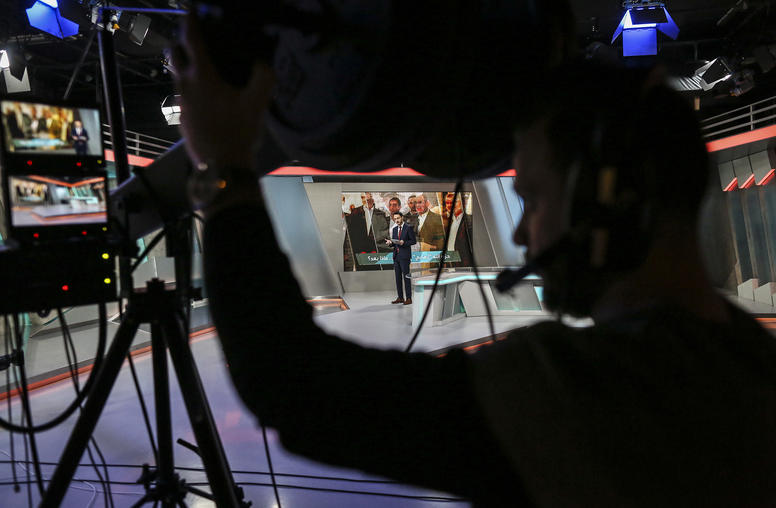
Rethinking Media’s Role in Conflict and Peace in the Middle East
In 2014, the world watched in disbelief, as global news networks covered the stream of gruesome and horrific beheading videos released by the so-called Islamic State. For the first time, by bringing the terror of the Islamic State directly to the devices in the palm of our hands, it felt personal and close by, rather than across the world in a mysterious land.
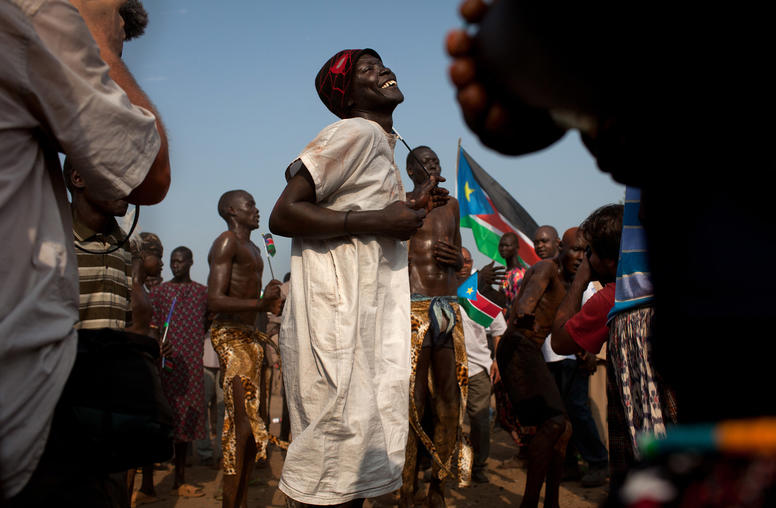
South Sudan’s Transition: Citizens’ Perception of Peace
Last month’s breakthrough between South Sudan’s government and its armed opposition on establishing a new transitional government represents a critical step toward ending the country’s civil war, a conflict that over the past six years has killed more than 400,000 people and displaced a third of the nation’s population of 12 million.
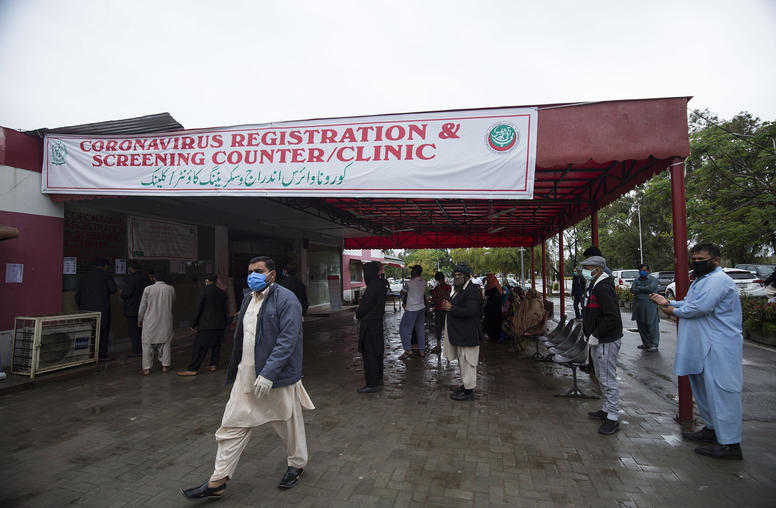
Pakistan’s Looming Coronavirus Crisis
In the weeks since Pakistan’s first confirmed cases of coronavirus, the country’s response has laid bare troubling weaknesses in governance, public health, and economic stability—and raised serious questions about Pakistan’s capacity to weather a large-scale outbreak absent significant international assistance. USIP’s Cyril Almeida and Ambassador Richard Olson look at how friction between the military and federal government poses a risk to Pakistan’s democracy, the possible avenues for medical and economic relief, and what COVID-19 means for the situation in Kashmir and Pakistan’s role in the Afghan peace process.
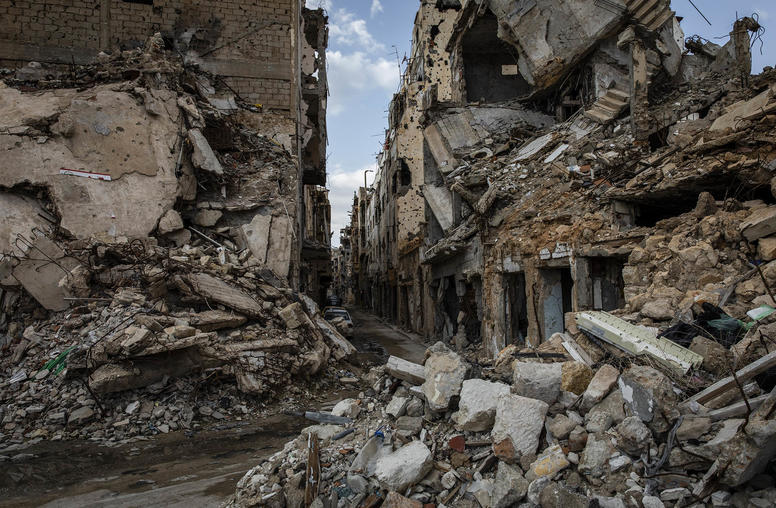
Coronavirus Shows Why Libya Needs to Build its Institutions
Even before the coronavirus pandemic spread across the globe, Libya’s health system—like many of the country’s institutions—was in crisis. The country’s public health infrastructure has been neglected since the 2011 uprising and even before it was in need of a fundamental overhaul. On top of that, many of the foreign medics in Libya fled following the conflict in 2011 and have not returned.
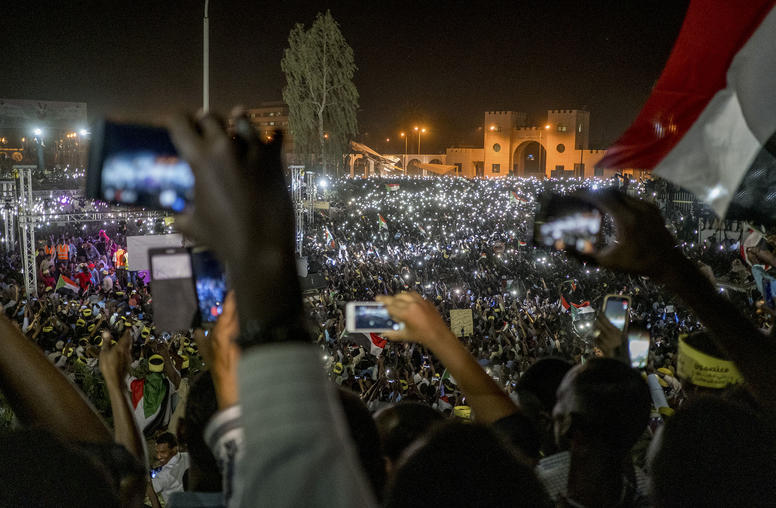
Sudan, One Year After Bashir
Dictator Omar al-Bashir, who ruled Sudan for nearly three decades, was overthrown in April 2019. After months of protests, negotiations led to a joint civilian-military transitional government to govern the country for a period of 39 months. However, Sudan’s political transition remains tenuous, and even before the coronavirus pandemic, the risks of failure were many. USIP’s Manal Taha, Payton Knopf, and Aly Verjee discuss the past year in Sudan and the need for further international support to shore up the transition.
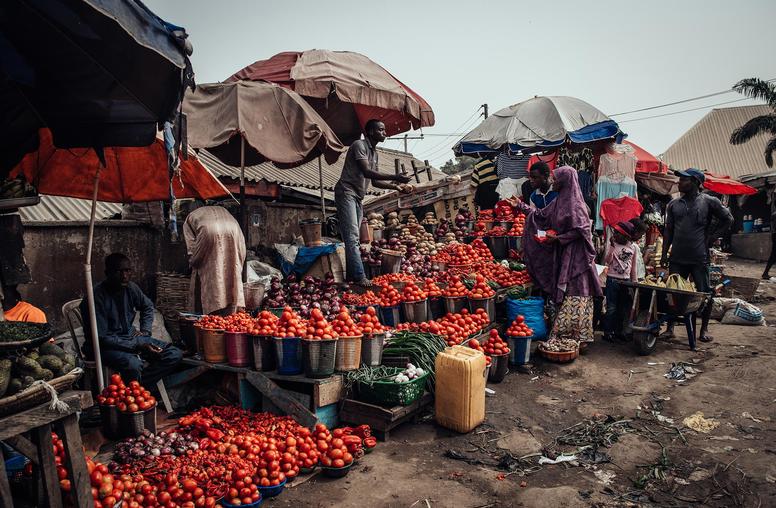
Nigeria: The Response to Coronavirus is an Opportunity for Reform
Well before the coronavirus emerged, a large majority of Nigerians felt their country was “going in the wrong direction.” Polling shows Nigerians feel the government has struggled to improve the living standards of the poor and is managing the economy badly. Today, while the public health response to head off the pandemic dominates attention, calls from prominent members of Nigerian civil society have renewed debates over wider questions of economic, social, and political reform. In this article, members of the Nigeria Working Group on Peacebuilding and Governance express both their hopes and concerns—in the context of the coronavirus—for Africa’s most populous country.
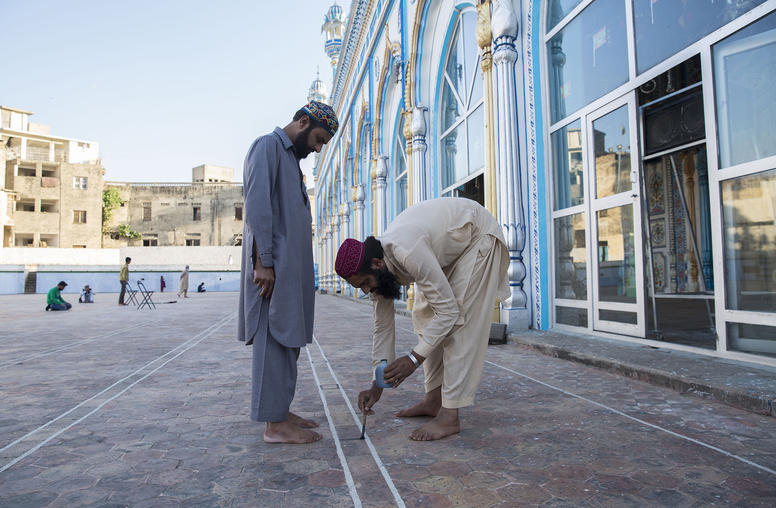
Pakistan’s Battle with Coronavirus Reveals Governance Challenges
While governments around the world are anxious to emerge from their pandemic lockdowns for the sake of their economies, the pressure to do so is more acute in countries like Pakistan where there were already high levels of poverty and a significant part of the population is engaged in the informal economy.
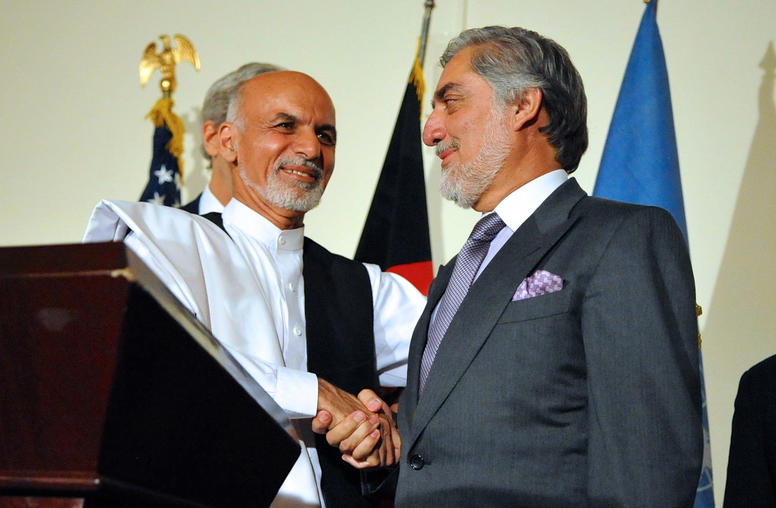
Rival Afghan Leaders Agree to Share Power—Now Comes the Hard Part
Last weekend, Afghan President Ashraf Ghani and rival Abdullah Abdullah signed a power-sharing deal to end a months-long dispute over the 2019 presidential election. The deal comes amid a spate of high-profile violence, including a recent attack on a Kabul maternity ward by suspected ISIS perpetrators. Meanwhile, the Afghan peace process has stalled since the U.S.-Taliban deal signed at the end of February. The power-sharing agreement could address one of the key challenges to getting that process back on track. USIP’s Scott Worden and Johnny Walsh look at what the agreement entails and what it means for the peace process.
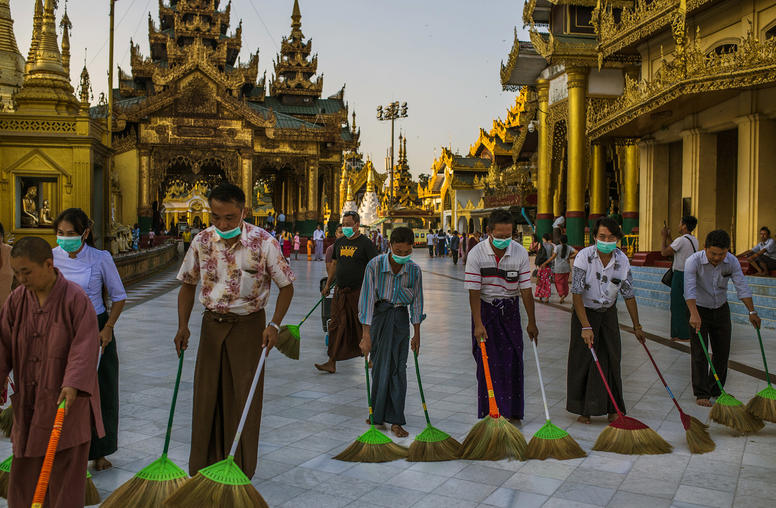
The Coronavirus Challenges Myanmar’s Transition
Like other nations dealing with armed conflicts, Myanmar faces destabilizing risks from the COVID pandemic. The country’s young democratic transition depends on a general election expected in November, yet the government and civil society are overburdened with the struggle against the coronavirus. Meanwhile, signs are growing that the army is using the COVID emergency to strengthen its influence over government and society. Preparing a fair, inclusive election amid this crisis poses the toughest test in years for Myanmar’s democratic transition—and the process must begin in earnest now.
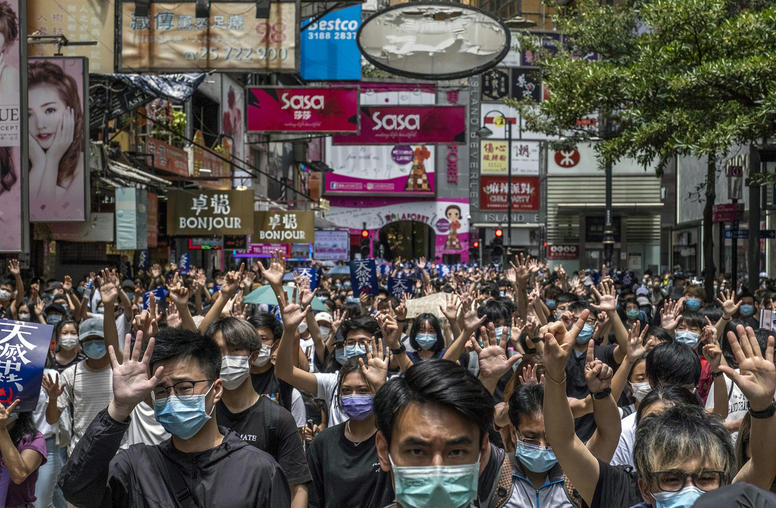
Beijing Legislation Reignites Hong Kong Protests
In Hong Kong, protesters have once again taken to the streets to push back against China’s efforts to assert further control over the territory. After a year of intense demonstrations calling for greater autonomy from the mainland, Hong Kong is now facing proposed legislation from Beijing that would broadly curtail citizens’ rights and freedoms. USIP’s Patricia Kim and Rachel Vandenbrink examine the proposed legislation, how the coronavirus pandemic is affecting the situation, and what the U.S. can do in response.